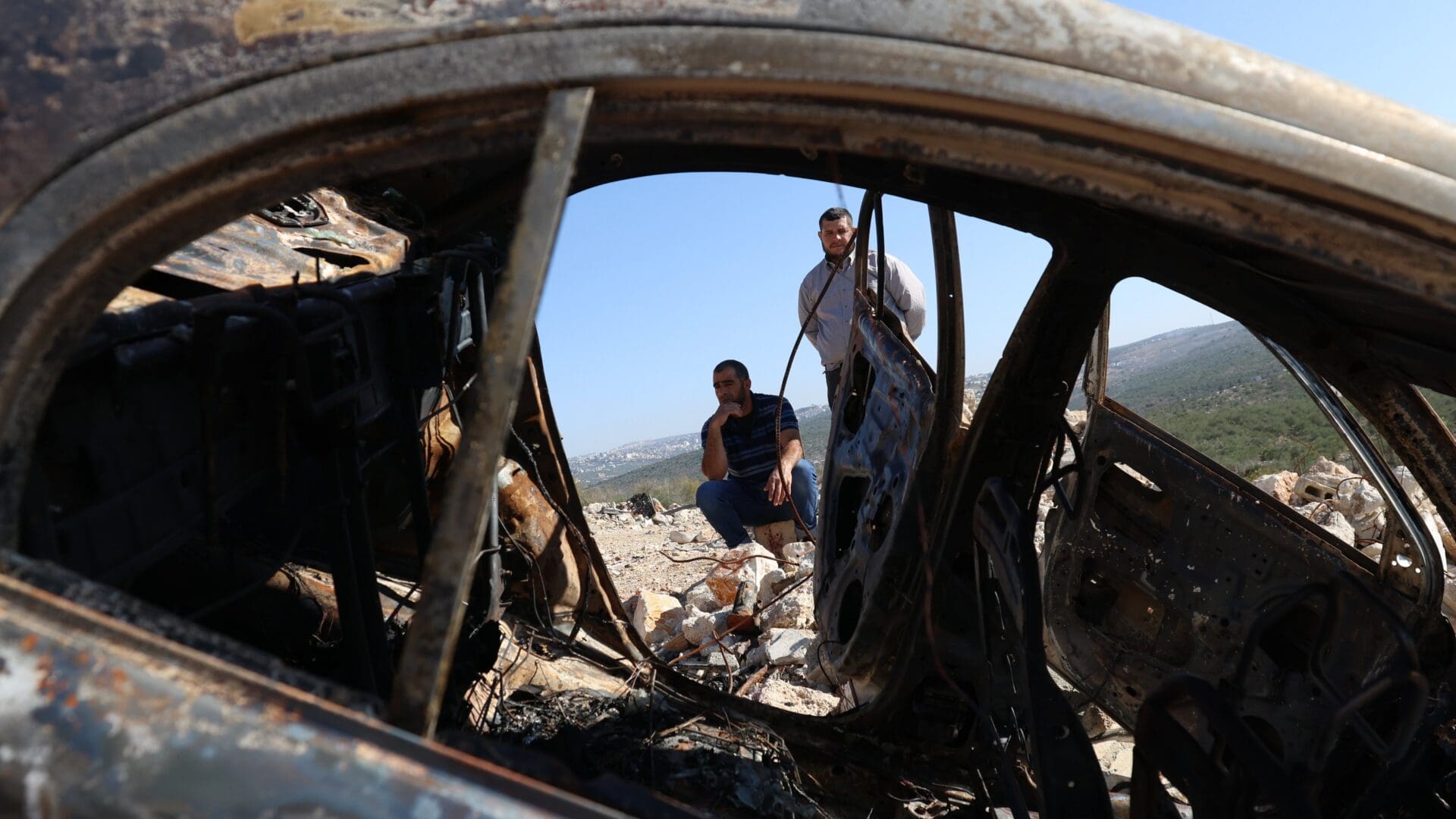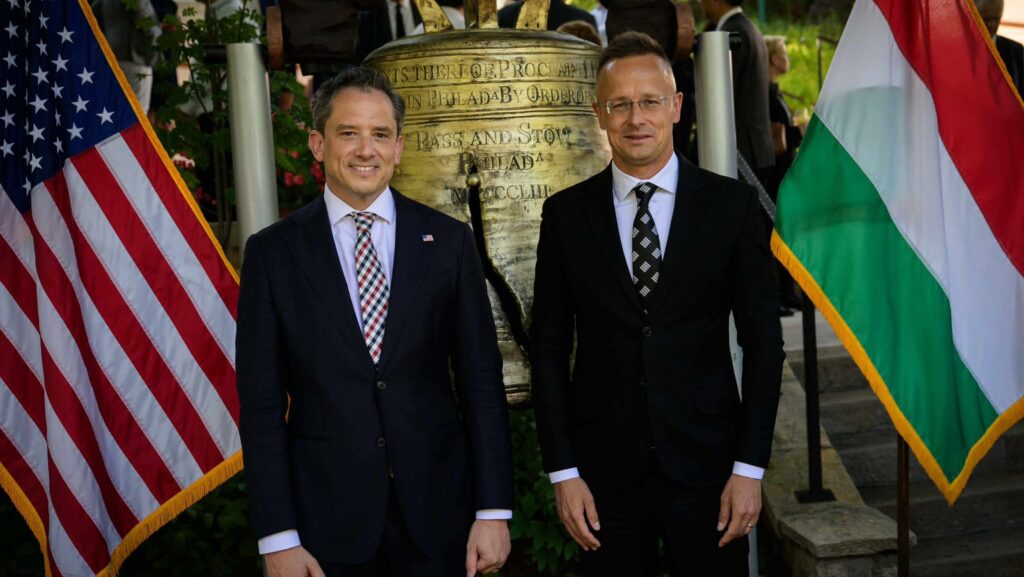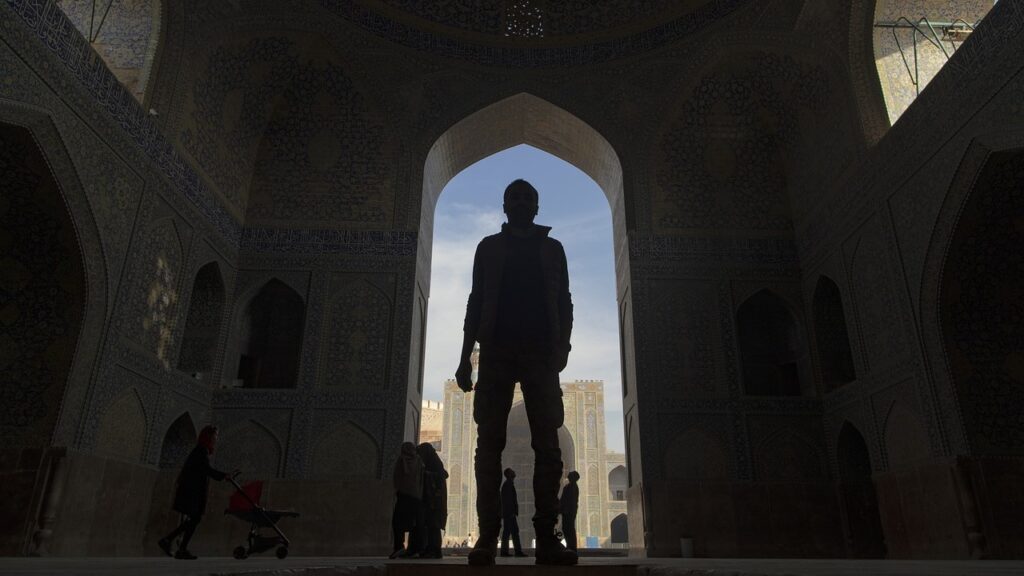The U.S. State Department stated over a week ago that it intends to conduct further investigations following the publication of a report on possible violations of international law by the State of Israel in its ongoing war against Hamas in the Gaza Strip.
‘Given the totality of what we’ve seen in terms of civilian suffering, in terms of children, women, men caught in this crossfire Hamas is making who’ve been killed or been injured, it’s reasonable to assess that in a number of instances Israel has not acted in a manner that’s consistent with international humanitarian law’, stated U.S. Secretary of State Antony Blinken.
And just recently the prosecutor of the International Criminal Court announced his intention to seek an arrest warrant for Israeli Prime Minister Benjamin Netanyahu alongside Hamas’ leaders over alleged war crimes.
There is no doubt that the attack against Israel on October 7 was not only a violation of international law, it was also an act of terrorism, in addition to the manner in which Palestinian detainees from Gaza are routinely tortured. According to a report from the BBC, individuals have been kept shackled to hospital beds, blindfolded, sometimes naked, and forced to wear nappies—a practice one medic said amounted to ‘torture’.
Yet in the now eight-month Israeli offensive, its military strategy is being questioned, especially since it continues to bomb North Gaza after Israeli Defense Forces (IDF) spokesperson Daniel Hagari in January said: ‘We have completed the dismantling of the military framework of Hamas in the in the northern Gaza Strip and will continue to deepen the achievement.’ Subsequently, with more than 35,000 deaths tallied by the Ministry of Health in Gaza—two-thirds being women and children—the issue of violating international law, or even committing war crimes, is being brought to the forefront. Indeed, an unprecedented number of countries in February argued before the International Court of Justice Israel was in direct transgression of international law as stipulated by the 1949 Geneva Conventions.
The Accusation of Violating the Rules of War
Cries that Israel’s strikes in Gaza are ‘disproportionate’ or ‘not proportional’ have become a common theme in various news outlets and in social media. Urban warfare is perhaps the most challenging and perilous type fighting a war. Not only does it expose soldiers to guerrilla tactics, on an equal or larger scale, the quandary or complication of incidental injury to civilians and collateral damage is exuberant. In a densely populated place like the Gaza Strip, even if the IDF conducted every one of its strikes lawfully and with all of the military precision that technology permits—something the international community says is not true—there would still be numerous and traumatizing deaths of innocent civilians.
Israel claims that it is doing everything in its power to keep civilian casualties in Gaza to a bare minimum. The IDF insists that it maintains complex targeting procedures aimed at ensuring that any military strike is proportionate and does not kill an excessive number of civilians. Yet, according to Foreign Affairs, among other think tank publications,
the IDF is ‘only loosely upholding the protocols its armed forces are supposed to follow to minimize civilian deaths.…
[A]n investigation of prior campaigns in Gaza reveals the inadequacy of Israeli targeting guidelines, which do not truly curb civilian casualties. In the latest round of fighting in Gaza, Israel has failed to follow even those restrictions—leading to untold devastation and making a resolution to the conflict even harder to reach’.
There is also the misconduct of IDF soldiers, such as sharing footage of Palestinian detentions in the occupied West Bank, which constitutes a violation of international law.

A spokesperson for Breaking The Silence—an organization for veteran and serving Israeli soldiers which works to expose alleged wrongdoing in the IDF—opined that current far-right political rhetoric in the country is encouraging such behaviour:
‘There are no repercussions. They [Israeli soldiers] get encouraged and supported by the highest ministers of the government. The culture in the military, when it comes to Palestinians, is that they are only targets. They are not human beings. This is how the military teaches you to behave.’
Ori Givati, former IDF commander in the West Bank, said he felt ashamed and disgusted by Israeli soldiers’ treatment of detainees:
‘We should treat them with the same dignity that we would like to be treated with.’ He added that the behaviour reflected how he felt Israeli society views Palestinians and called into question its claims to abide by international law.

The Dilemma of the Settlements
Israel has built approximately 160 settlements housing some 700,000 Jews since it occupied the West Bank and East Jerusalem—land the Palestinians want as part of a future state—after its victorious Six Day War of 1967. The majority of the international community consider the settlements illegal under international law, an accusation Israel rejects.
Israel has more than doubled the amount of land it controlled in 1967, appropriating new territory in the West Bank, the Golan Heights, and East Jerusalem. Today, with the decision of incorporating these territories as part of the State of Israel or bargain them off as part of a future Palestinian state, young Israeli messianic political movements, such as Gush Emunim (Bloc of the Faithful) have successfully lobbied the Israeli body politic to encourage its Jewish citizens to permanently settle the newly conquered lands.
Other extremist religious-nationalist groups, like Hilltop Youth, take it further, advocating for the total destruction of the Zionist state, with the objective to tear down Israel’s institutions and to establish Jewish rule: anointing a king, building a temple in place of the Jerusalem mosques sacred to Muslims worldwide, imposing a religious regime on all Jews, as former Israeli Prime Minister Ehud Olmert (2006-2009) explained. Despite being halted by the IDF last December for its extreme actions, which included violence against Palestinian civilians, the extremist mentality by such Israelis
has only bred more human rights violations, which according to Human Rights Watch, included ‘assaulted, torture, and sexual violence against Palestinians’ by some Israeli settlers.
In the Bedouin village of Khirbet Zanuta, for example, which is perched on a windswept hill in the West Bank near Hebron, some 150 people had long faced threats from the Jewish settlers who had steadily encircled it. As reported by The New York Times, villagers faced occasional harassment and vandalism. After the October 7 attack this escalated into beatings and murder threats. The people continually appealed appeal to the Israeli police and to the ever-present IDF, yet their calls for protection went largely unheeded, and the attacks continued. Eventually, the inhabitants of Khirbet Zanuta were apparently coerced to pack whatever belongings they owned and leave altogether.
In truth, ‘the long arc of harassment, assault, and murder of Palestinians by Jewish settlers is twinned with a shadow history, one of silence, avoidance, and abetment by Israeli officials’, states The New York Times. This is not to downplay the terrorist threat against Israelis by Palestinian jihadists. However, interviews with more than one hundred people—current and former officers of the Israeli military, the National Israeli Police, and the Shin Bet domestic security service; high-ranking Israeli political officials, including four former prime ministers; Palestinian leaders and activists; Israeli human rights lawyers; American officials charged with supporting the Israeli-Palestinian partnership—there appears to be a long history of crime without punishment, many of those officials now say, threatens not only Palestinians living in the occupied territories but also the State of Israel itself.
Last Saturday, Benny Gantz, a popular centrist member of Israel’s three-member War Cabinet, threatened to resign from the government if it does not adopt a new plan by June for the war in Gaza. In his words:
‘If you choose the path of fanatics and lead the entire nation to the abyss — we will be forced to quit the government.’
Let us pray for better times!
The views expressed by our guest authors are theirs and do not necessarily represent the views of Hungarian Conservative.








